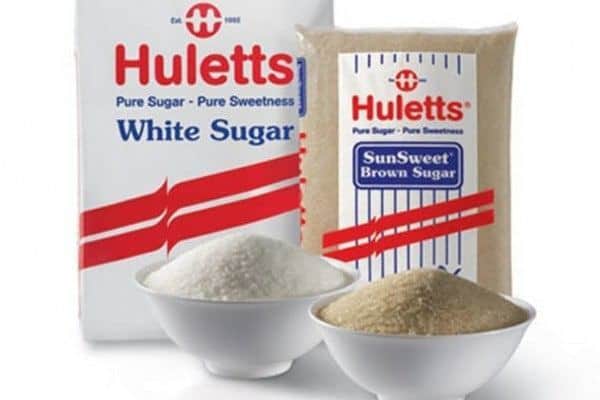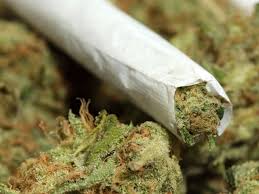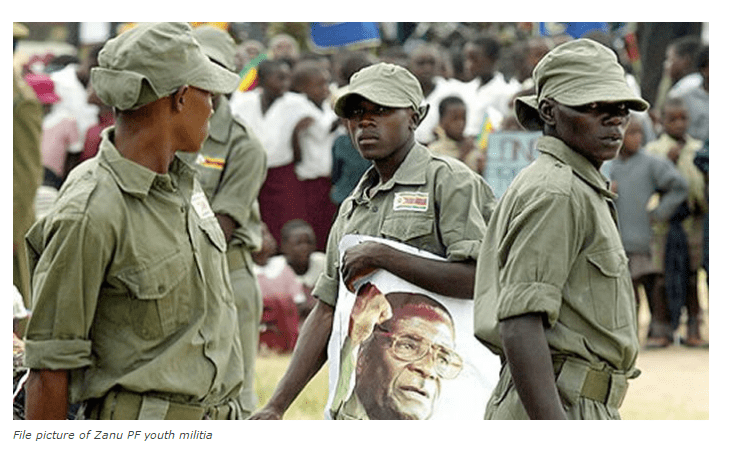The government says its decision to lift duty on the import of basic goods is necessary to tame price hikes, but the measure is leaving a bitter taste in the mouth for the country’s sugar producers.
Zimbabwean sugar producers lost 5% of their sales because government allowed imports last year, according to the country’s leading producer. Hippo Valley, which produces just over half of the country’s sugar, says 17 foreign brands were imported into the country after the government lifted import restrictions for a period of six months last year.
“The sugar industry estimated the total impact of these imports to have been 5% of the annual local sugar sales volume,” the company says.
The imports are cheaper than Zimbabwean sugar; the global trade is in excess sugar while sugar from other countries benefits from subsidies from their governments.
In contrast, Zimbabwean producers face higher production costs and other regulatory requirements that make their sugar more expensive.
“Consequently, world sugar markets often trade below global costs of production, meaning that imported sugar has an unfair price advantage over sugar produced locally in Zimbabwe where production costs are relatively higher.
“In addition, some of sugar imported did not comply with the Labelling and Vitamin A fortification regulations, which would have formed part of the costs of locally produced sugar,” says Hippo Valley.
This year, government again allowed the importation of basics, including sugar. The government says the measure is necessary to tame price hikes, but Hippo warns that this will only hurt local producers further.
“With the recently introduced Statutory Instrument 80 of 2023 allowing duty-free importation of several commodities including sugar, the sugar industry faces huge pressure to compete against imports coming from competitors operating in stable and subsidized environments.”
The impact of the imports added to already higher input costs caused by the war in Ukraine and rising inflation in Zimbabwe.
Sugar production across the industry was 396,682 tonnes, just 2% more than in the previous year, meeting national demand. Hippo’s own production was 207,430 tonnes, slightly lower than in 2022, after heavy rainfall delayed the harvesting of cane.
Newzwire














